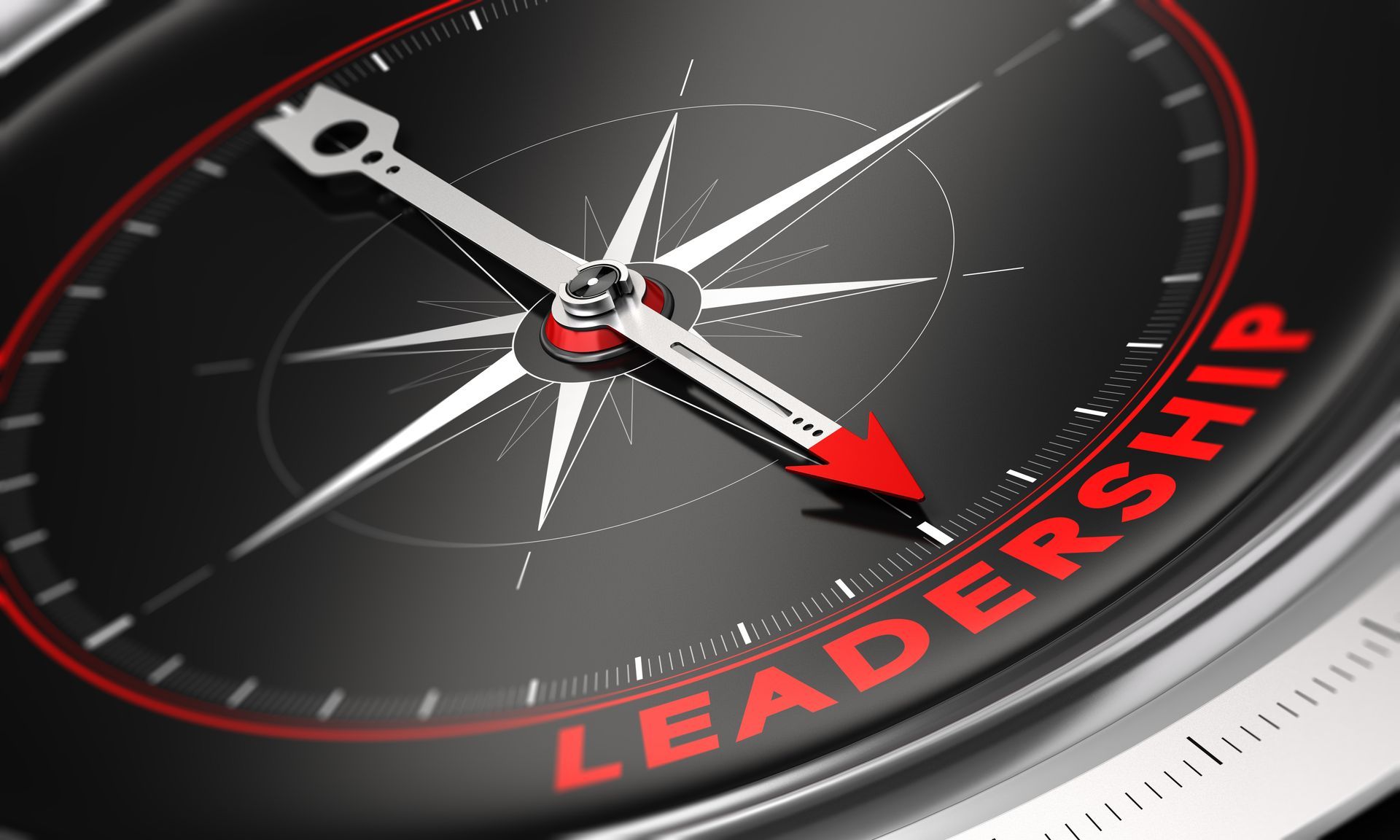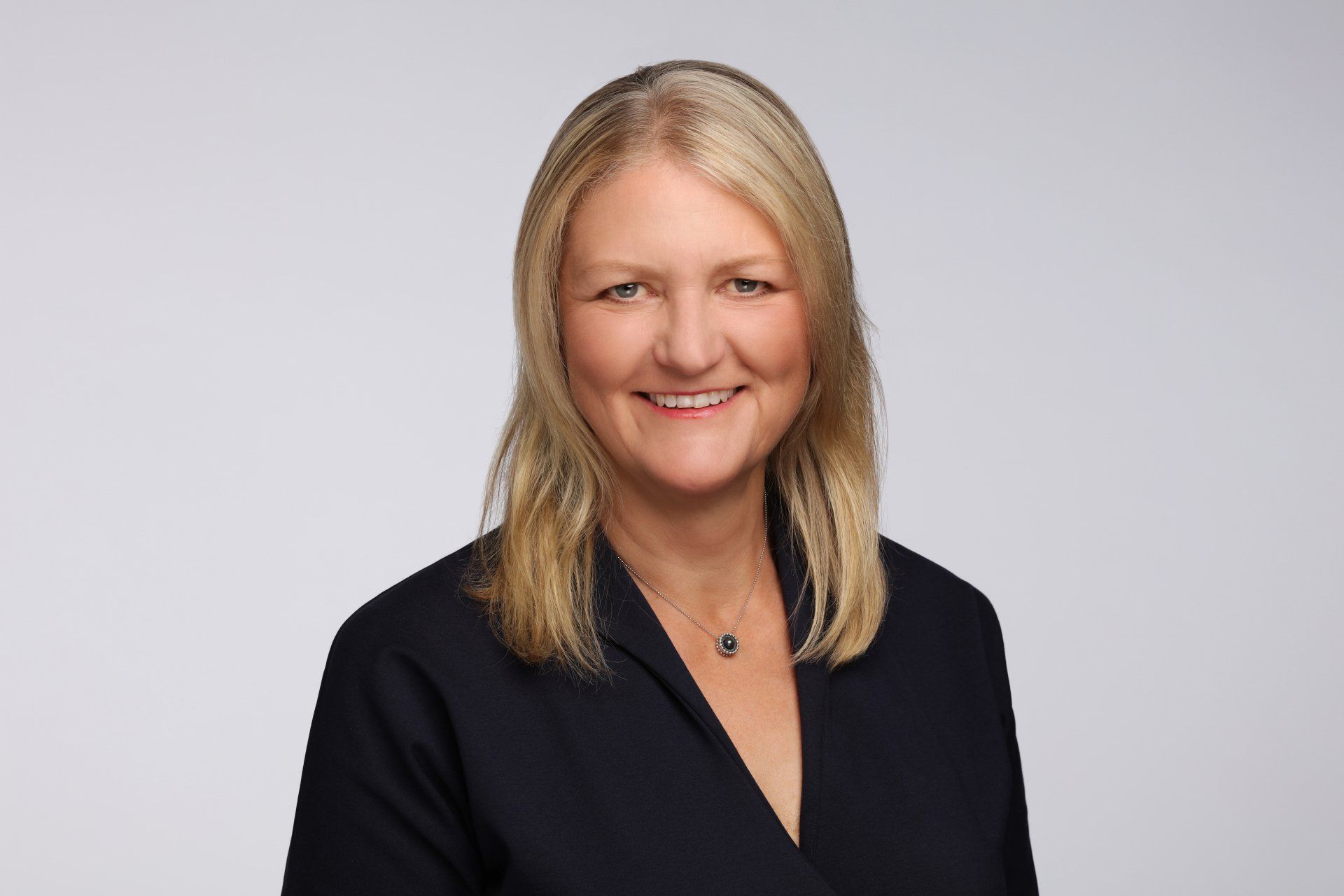Alison Gill is a behavioural psychologist, triple Olympian and the co-founder of Bvalco, a board evaluation consultancy focused on helping boards become fit for the future.

Like it or not we all harbour our own biases which influence us to act in a certain way. Today, we’re encouraged to confront these biases, but it remains a challenge, especially in a group setting such as a boardroom, with a number of potential biases operating together.
We firstly need to acknowledge that people are hard-wired to naturally relate to others who are similar. It’s really important for chairs to acknowledge this. Once acknowledged, we can then start to think differently about how we make decisions and how we can use biases positively, or at least challenge them. The chair’s role is to remain vigilant for bias and as an effective facilitator, to remain independent of bias. A natural challenge to bias is increased diversity which is what we really need in the boardroom; diversity of thought brings creativity, breadth of thinking and creates the opportunity for conflicting views to flourish.
Cliques within a board are not uncommon however, perhaps a group who share a long board tenure, or potentially around gender. This bias can be further flawed by a confirmation bias as those in the group hear similar views to their own. They start with an idea and then the group builds on the same idea. This is telling you that the thinking in this group is not suitably creative or diverse, it is reaffirming a single viewpoint. The chair’s job is to firstly acknowledge that this is happening and to then explore further viewpoints – potentially by inviting someone from outside the subgroup to offer a different perspective, or it could be done by asking them to ‘park’ their idea and then to stretch their thinking by challenging it.
Being prepared to listen to alternative views and to then consider them is critical. We’re comfortable within our own sphere of knowledge – conversely a sense of uncertainty potentially creates anxiety; our default may well be to steer clear. Our hard-wired tendency to be attracted to sameness, is often acknowledged – but is less frequently acted upon. Most boardrooms today would be quite clear about the need for gender and ethnic diversity in the upper reaches of a business; acting upon that need is another thing entirely. This is essentially wilful blindness.
In conclusion, the role of the chair is as ever central. Acknowledging bias and ensuring a diversity of views are expressed and considered is completely essential for an effective board.
Share this article on LinkedIn!




